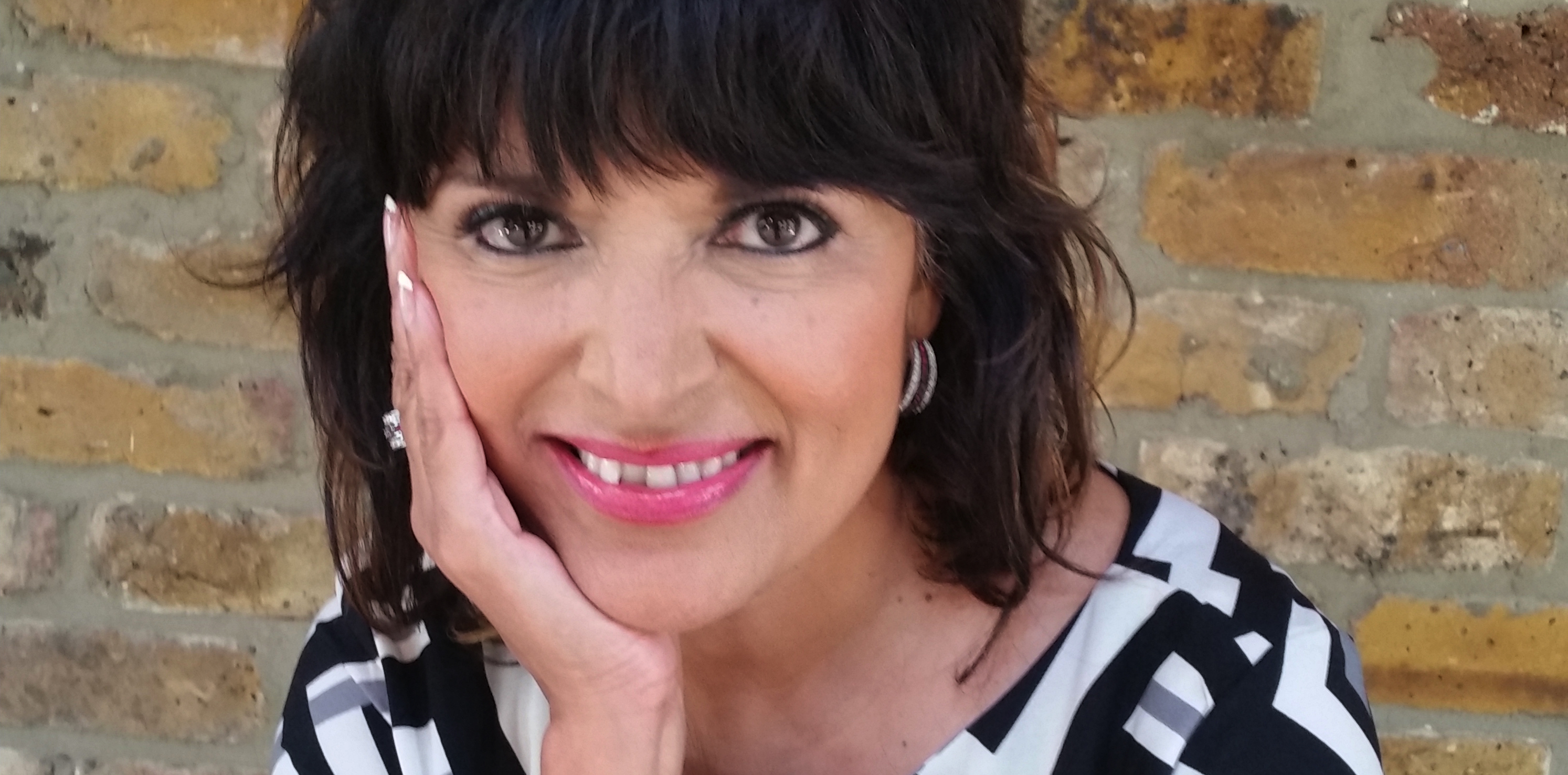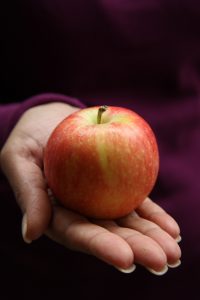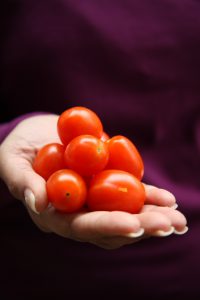What is your focus?
I am passionate about simplifying scientific principles of nutrition into simple language that consumers can understand. Most people know it’s important to eat less sugar and salt, and eat more fibre. What’s tricky is how to put that into practice and how to decipher all the food labels and jargon.
Eating well isn’t just about nutrients. You need to consider your culture, your lifestyle, your eating preferences, your emotions, your environment, your family, your peers, your work pressures, the list goes on.
I want to be able to simplify the messages. I want to cut through the confusion and offer people practical ways to eat well, and really enjoy their food! An example is my “what should your plate look like” series. This helps you to visually assess whether what you’re about to eat is healthy (or not!). I’m also keen on a “swaps” approach. If you’re about to reach for something you know is not getting you closer to your goal, think again and make another choice. Swap out sour cream dressing with a Greek yogurt and herb dressing, for example. And another simple concept I find valuable is helping people to keep to appropriate portion sizes. I believe you can enjoy all the foods you love, so long as you have them in the right quantities!
What is for you the most important in nutrition?
Eating food that you enjoy, that fits in with who you are as a person, and that offers you the most nutrients per calorie, i.e. foods with greater nutrient density. No matter what our age, we all need certain nutrients for that particular life stage. And yet often we eat foods that are rich in calories but poor in nutrition.
Eating mindfully helps us to be more aware of the food choices we make. And this conscious awareness can enable us to make healthier choices. Many of us probably eat quite mindlessly, eating on the go, in front of the TV, or at night-time when no-one’s watching! Becoming aware of what you’re eating is a big step in enabling you to make a better choice.
Why is yogurt interesting for you as a nutritionist?
Ever since childhood, I’ve lived within a culture where yogurt is part of everyday meals. It’s not just for dessert. I’ve been brought up to eat yogurt curry, yogurt raita dip, and yogurt lassi drinks. As a practicing dietitian, I encourage my clients to enjoy three servings of dairy foods each day, and a pot of yogurt is a great way to have one of these servings.
To me, it’s an integral part of the diet – one of your daily essentials. It’s a good source of protein and calcium; that’s something that goes without saying. But in my work as part of the YNI Working Group creating Nutrition Digests, I’ve learnt that there is extensive research on yogurt that goes over and above its nutrient density. Yogurt has been associated with reduction in risks of Type 2 diabetes, reduction in waist circumference, lower BMI, and much more. And the other interesting fact is that yogurt eaters appear to have other healthy lifestyle habits. So, it seems my mum was right when she brought me up on yogurt every day!
What are you expecting from the ICDA event 2016?
I’m looking forward to networking with colleagues from around the world. I feel I know many of them through my interactions on Twitter. This is an incredible opportunity for like-minded professionals to share insights and knowledge, to learn from each other, to debate, and to socialise. I’m looking forward to the YINI Symposium as I’m keen to learn more about how yogurt can be tolerated by lactose malabsorbers. Also I can’t wait to hear Adam Drewnowski share his insights on yogurt as a sustainable choice.
Connect with Azmina
http://www.azminanutrition.com
https://twitter.com/AzminaNutrition





